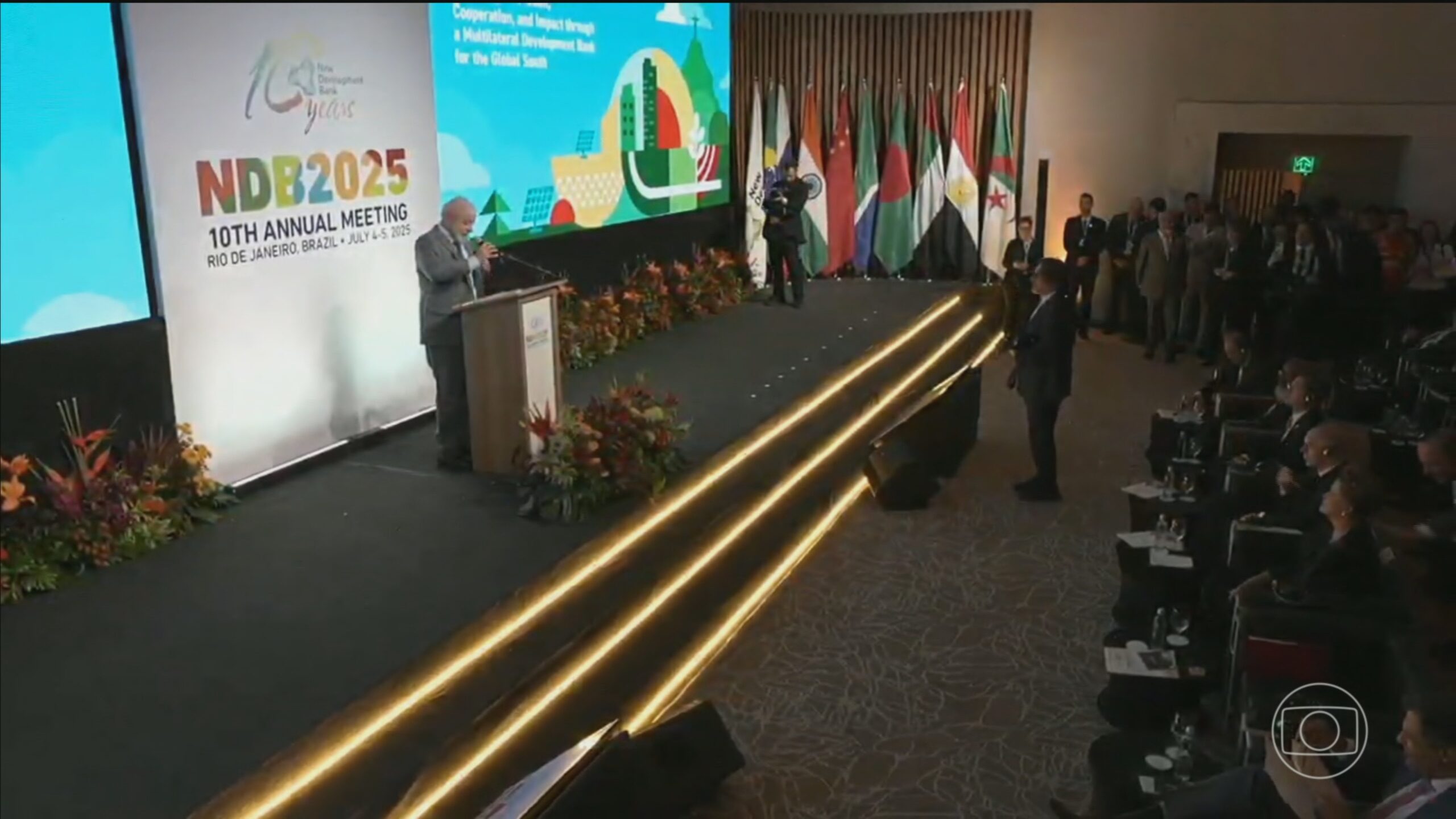Brazil is hosting the BRICS summit in Rio de Janeiro, a gathering of emerging countries facing complex dynamics with ongoing wars, trade disputes, and new members with strong agendas. The group, formed in 2009 by Brazil, Russia, India, and China, expanded in 2010 with the inclusion of South Africa and now includes Saudi Arabia, the UAE, Egypt, Ethiopia, and Iran. This expansion enhances the group’s geopolitical weight but also intensifies internal tensions.
The summit comes on the heels of Russia’s largest bombardment of Ukraine since the war began and amid escalating tensions between Iran and Israel, which exchanged direct attacks in April. With Iran now a formal BRICS member, it adopts a critical stance towards Western countries, pushing for the group’s alignment in multilateral forums. Experts emphasize the importance of ensuring that BRICS remains a platform for all members, not just the most powerful. Laerte Apolinário, an International Relations professor at PUC-SP, highlights the need for the bloc to advocate for global governance reforms that benefit developing countries.
Brazil’s traditionally neutral stance in international conflicts and its focus on multilateralism face a test in mediating the diverse interests within BRICS. Despite historical ties with Western countries, Brazil has also maintained relationships with Russia and China, showing a nuanced approach to international affairs. The current scenario demands Brazil’s ability to engage with democracies and authoritarian regimes like Russia, China, and Iran.
The addition of new members to BRICS is met with mixed reactions as it enhances global influence but also risks attracting countries seeking strategic benefits without a commitment to cooperation. Analogies are drawn to Hungary in the EU, which sometimes diverges from the bloc’s core values. The proposal for a common currency among BRICS nations for trade transactions, led by China to reduce reliance on the US dollar, could further strain relations with the United States amid recent tariff tensions.
Experts anticipate Brazil to play a mediating role, leveraging its diplomatic tradition of moderation and balance. Despite conflicting interests, Brazil is expected to uphold its support for multilateralism and sustainable development. This pivotal moment calls for Brazil to assert itself firmly yet pragmatically, maintaining its legacy of dialogue and diplomacy on the global stage.




Leave feedback about this